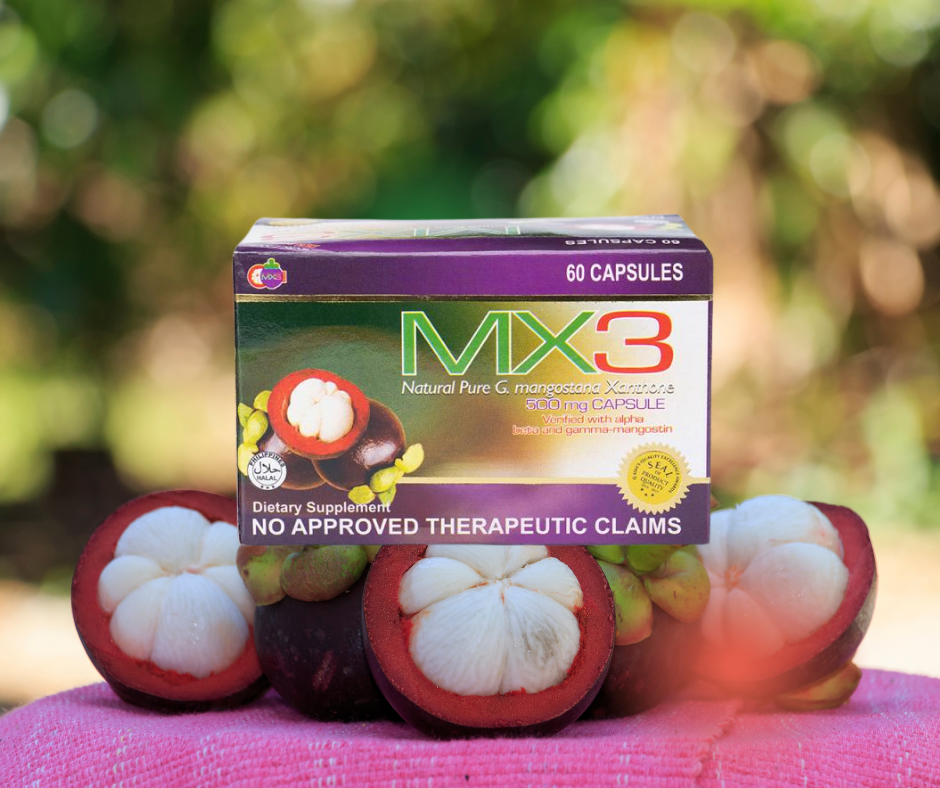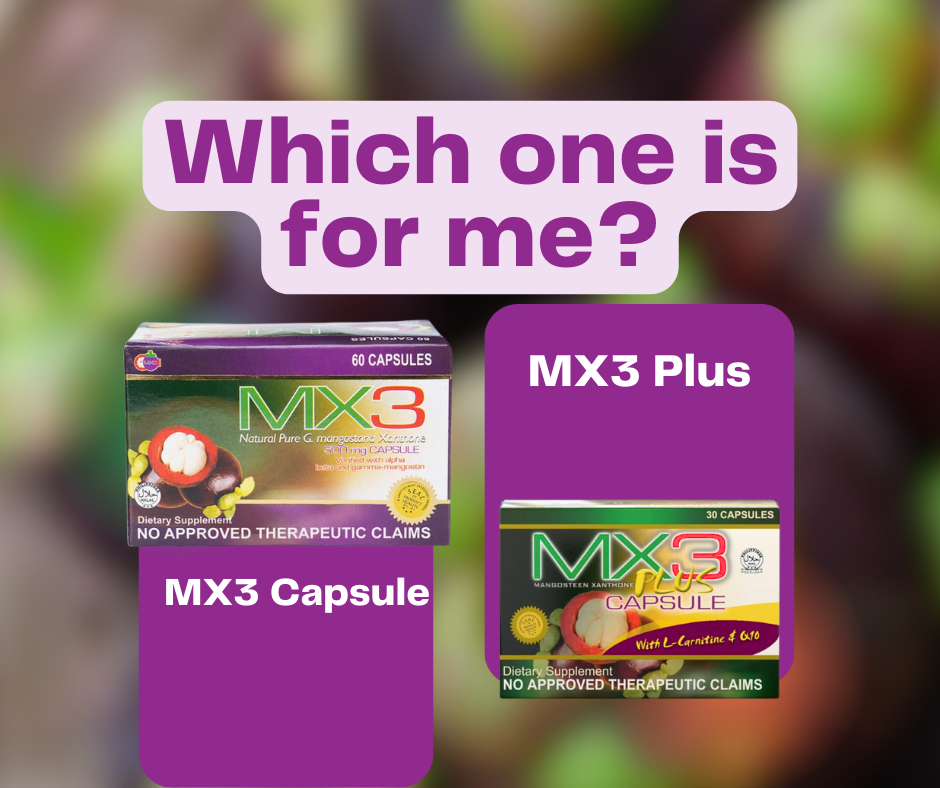
Discover mangosteen’s health benefits & traditional uses in Filipino medicine, backed by modern science & research.

In the heart of Southeast Asia, a unique fruit has been cherished for centuries for its exquisite taste and incredible health benefits. Known as the “Queen of Fruits,” mangosteen (Garcinia mangostana L.) has been an integral part of Filipino traditional medicine, offering a wealth of remedies for various ailments. In this article, we will delve into the rich history of mangosteen in the Philippines, explore its traditional uses, and discuss how modern science has validated its potential health benefits.
Mangosteen is native to Southeast Asia, including the Philippines, where it has been cultivated and utilized for centuries. The fruit’s thick, dark purple or reddish rind encases a segmented, snow-white, juicy pulp, offering a delicious and refreshing taste. Beyond its culinary appeal, mangosteen has been revered for its medicinal properties, with various parts of the plant, including the pericarp (rind), leaves, bark, and roots, used to address a range of health concerns.
In traditional Filipino medicine, mangosteen has been used to treat various ailments, including:
Recent studies have identified potent bioactive compounds, particularly xanthones, in the mangosteen pericarp. These compounds have been shown to possess:
Today, brands like MX3 have made the beneficial compounds of mangosteen accessible in convenient, standardized forms. MX3 offers a range of products, including capsules, coffee mix, and tea, that incorporate mangosteen pericarp extract. These products provide an easy way to incorporate the traditional wisdom of mangosteen into modern lifestyles.
Mangosteen is a testament to the power of traditional knowledge and modern science. By embracing our cultural heritage and harnessing the potential of natural remedies, we can promote wellness and improve our quality of life. Whether you’re looking to manage a specific health concern or simply want to incorporate a natural and scientifically-supported supplement into your daily routine, mangosteen is an excellent choice. Remember to always consult with a healthcare professional before making any decisions related to your health or treatment.
Disclaimer
This article is intended for informational purposes only and does not constitute medical advice. The traditional uses described are based on historical and ethnobotanical records. While scientific research suggests potential benefits of mangosteen and its compounds, further human clinical trials are needed to confirm efficacy for specific health conditions. Always consult with a qualified healthcare professional for any health concerns or before making any decisions related to your health or treatment, including the use of dietary supplements. Verify product registration and purchase from authorized sources.
A: Mangosteen is a tropical fruit native to Southeast Asia, known for its thick, dark purple or reddish rind and segmented, snow-white, juicy pulp.
A: Mangosteen has been traditionally used to treat various ailments, including diarrhea, dysentery, UTIs, skin conditions, and fever.
A: Xanthones are a type of bioactive compound found in mangosteen, which have been shown to possess antioxidant, anti-inflammatory, and antibacterial activities.
A: While mangosteen products are generally considered safe, it is essential to consult with a qualified healthcare professional before using any dietary supplement, especially if you have any underlying health conditions or are taking medications.
A: While mangosteen products may have potential health benefits, it is essential to consult with a qualified healthcare professional before using them to treat specific health conditions. They can help you determine the best course of treatment and ensure safe and effective use.
A: You can incorporate mangosteen into your daily routine by consuming mangosteen products, such as capsules, coffee mix, or tea, or by using topical products for skin conditions. Always follow the recommended dosage and consult with a healthcare professional if you have any concerns.
A: Yes, MX3 products, including capsules and coffee mix, are registered with the Philippine FDA and have been assigned registration numbers. However, it is essential to verify product registration and purchase from authorized sources to ensure authenticity and safety.
Works Cited:
Here are 10 citation URLs with full text:


